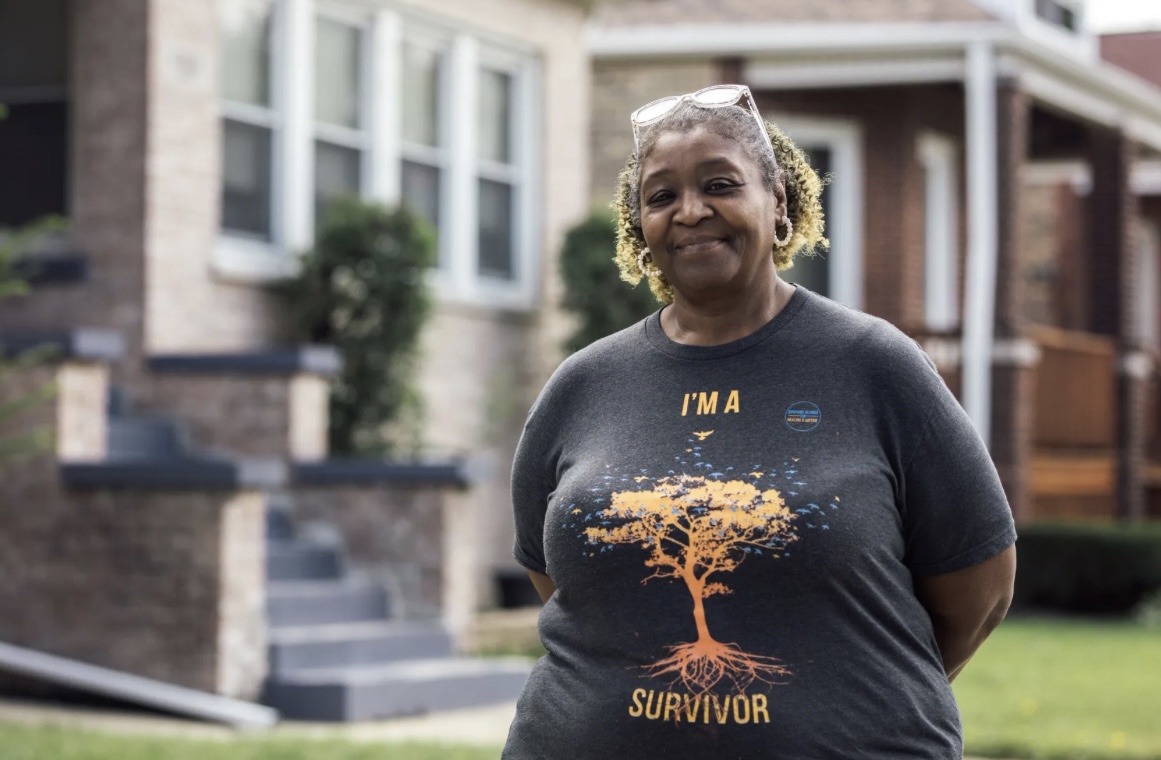The ongoing COVID-19 pandemic has affected communities worldwide, disproportionately impacting specific populations. Hispanics, Latinos have shown a higher susceptibility to contracting and suffering from severe COVID-19, leading to a growing concern about the prevalence of long COVID within this community.
Long COVID refers to the persistent symptoms experienced by individuals even after they have seemingly recovered from the initial infection. According to the U.S. Centers for Disease Control and Prevention, Latinos have the highest rates of long COVID. About 9% of Hispanic adults report symptoms, compared with 7.5% of U.S. adults overall.
“We know in the United States, in general, of the 15% that ever experience long COVID amongst adults, about 18.6% are Latino or identify as Latino,” said Dr. Melissa Simon from the Northwestern University Feinberg School of Medicine. Dr. Simon was among the experts testifying at a Senate Public Health Committee meeting in September 2023.
Healthcare officials estimate about 14% of Illinoisans who contracted the coronavirus have experienced long COVID symptoms, with underserved communities the most brutally hit. In Missouri, Hispanics and Latinos made up 4% of the state’s population but 14% of cases at the height of the pandemic, according to studies in which race or ethnicity is known.
“Under-resourced communities in St. Louis and rural Missouri have been disproportionately affected by COVID-19 and have not always been able to access the care they need and deserve for long COVID,” said Abby L. Cheng, MD, a Washington University physical medicine and rehabilitation physician and lead principal investigator on the grant. “A communitywide partnership involving patients, trusted community organizations, primary care teams, medical subspecialists, and experts from other healthcare disciplines aims to increase available resources for these underserved populations.
The School of Medicine is conducting a clinical trial to evaluate the medication fluvoxamine as a possible treatment for individuals with symptoms of long COVID.

Despite its rapid growth, the Hispanic and Latino population in the United States continues to be underrepresented in clinical trials designed to help prevent and treat diseases.
Hispanic people make up about 19% of the nation’s population, census data shows, but they represent just a small portion of participants in U.S. research studies, said Dr. Mayra L. Estrella, an assistant professor in the Department of Epidemiology, human genetics and environmental sciences at UTHealth Houston School of Public Health in Brownsville, Texas.
Participating in clinical studies can help to determine if new treatments work well in Latino people and other racial and ethnic groups, Estrella said. If they are represented in a study, “then that provides a basis for the treatment and to know that it’s going to work not only for non-Hispanic white populations but also in the Hispanic-Latino population.”
- What can a participant expect?
- What is the importance of clinical trials?
- Are clinical trials safe?
- Am I really helping?
- Where can I get more information?
Hispanic/Latino representation in medical research remains poor. Project Muse describes factors affecting recruitment, participation, adherence, and retention rates of Hispanics/Latinos in clinical studies in the United States and characterizes proposed strategies to improve these rates. A total of 18 strategies aimed at improving recruitment of H/Ls into research were identified. Of these, five were shown to be effective, including digital marketing campaigns, a recruitment strategy involving bicultural, bilingual clinical research assistants, and recruitment strategies involving bilingual flyers and presentations and exhibits at community events.
The National Library of Medicine (NIH) maintains an online database of clinical research studies currently enrolling, are underway, or are completed, along with other information, at ClinicalTrials.gov.
Cover Photo by Artem Podrez




